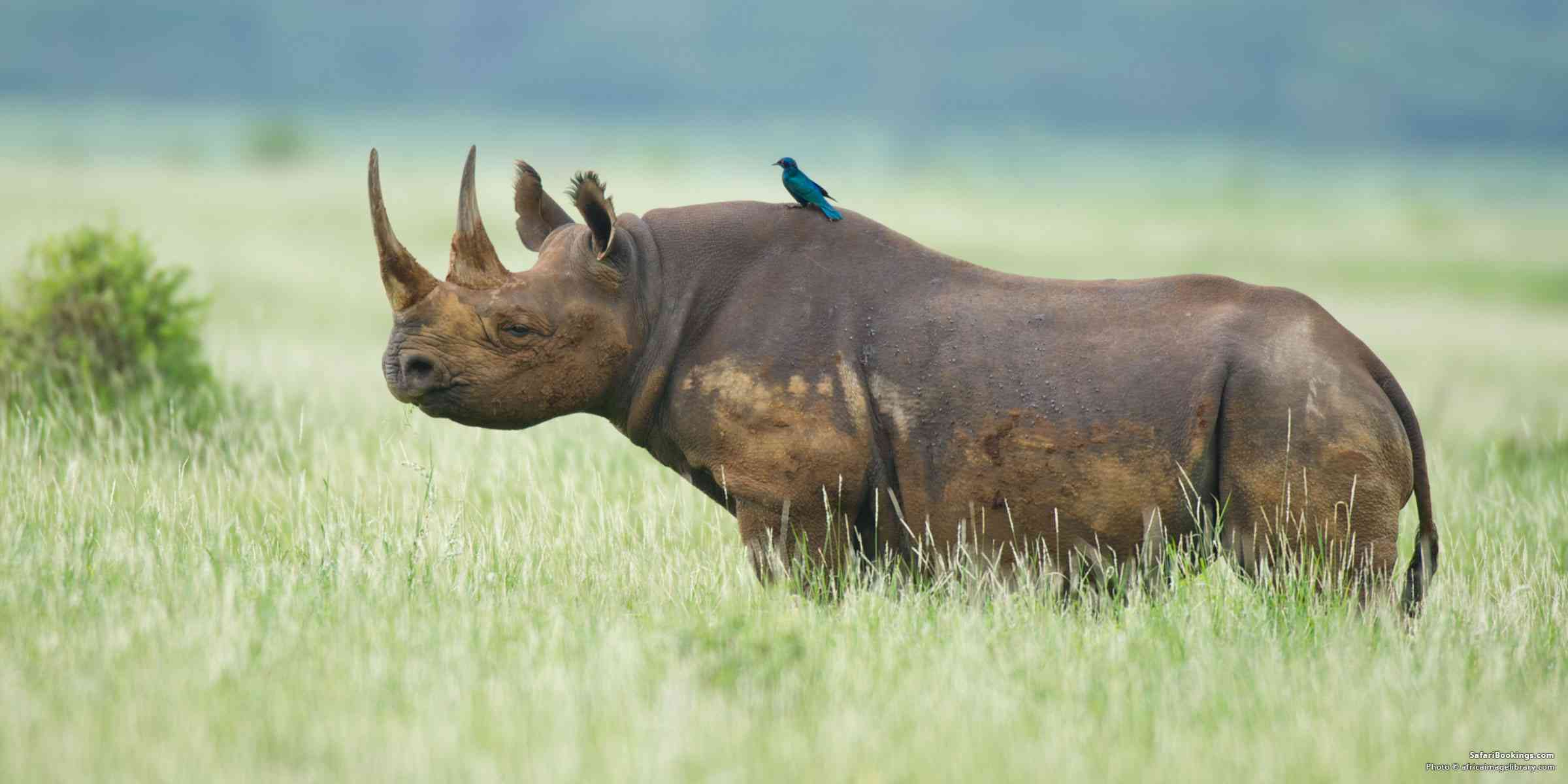
10 Travel Tips When Going on an African Safari
 By Patrick Brakspear
By Patrick Brakspear Patrick has been an Africa travel specialist, based in Australia, for over 10 years and prior to that was a safari operator in Mana Pools in Zimbabwe.
As the saying goes, "It's better to be safe, than sorry." At SafariBookings, we know this only too well. That's why we want to equip you with some of our tried and true safari travel tips. They will help you plan a safari without any mishaps.
1. Travel Insurance

As soon as you confirm your travel plans, take out travel insurance. Select a policy that covers cancellation, medical illness, emergency evacuation and associated hospital treatments. Be sure to take your travel insurance emergency phone numbers and your policy number/details with you.
2. Personal Safety
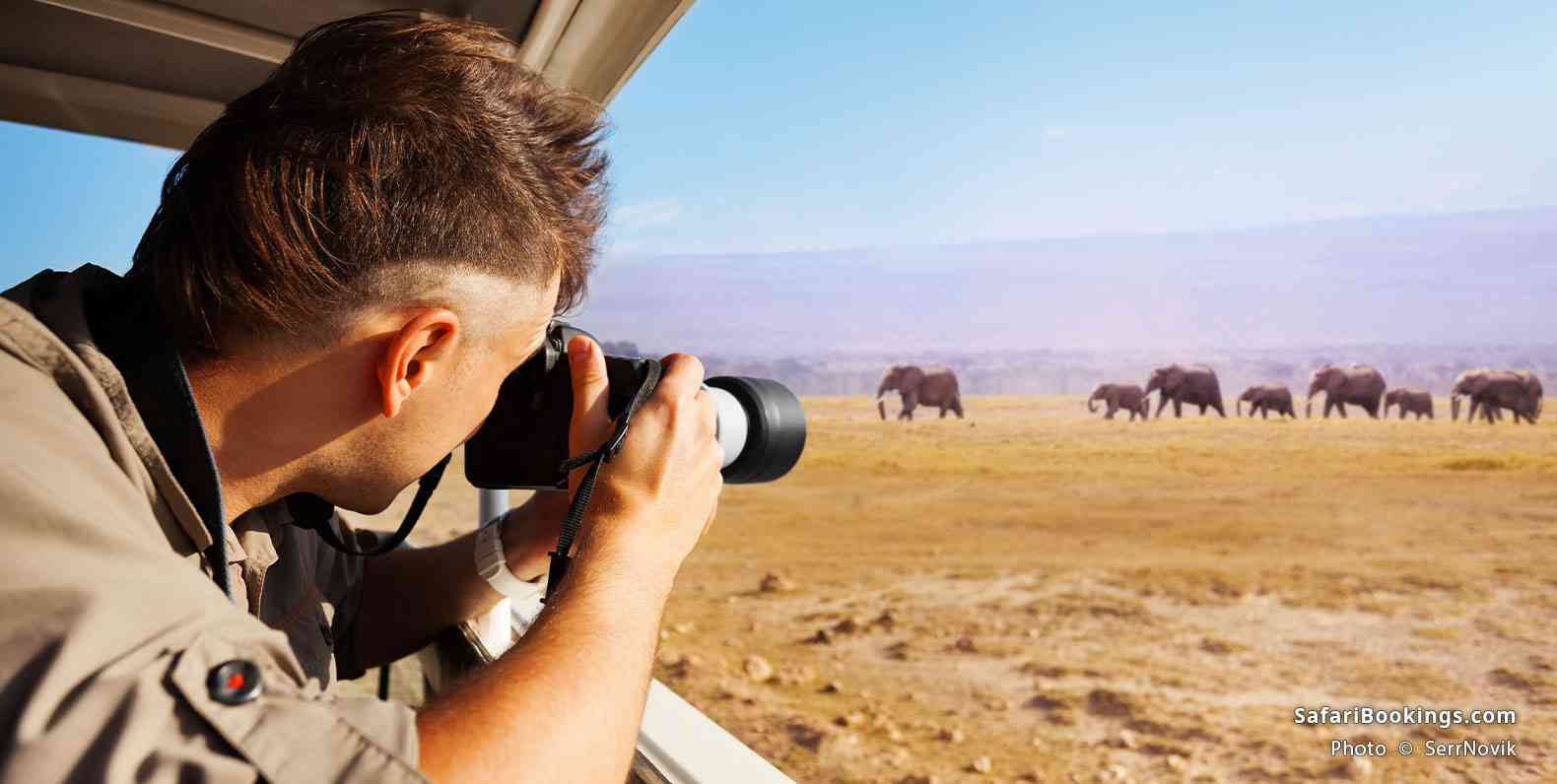
Your personal safety and security is mostly a matter of common sense. So take the same precautions while travelling in Africa on safari that you would in any major city at home:
3. Cash, Credit Cards & ATM’s

Carry a combination of cash (preferably US$ for most countries…and Rand for South Africa) and at least one credit card. Travelers cheques (checks) are not widely accepted in African countries (i.e. Tanzania) anymore. The United States Dollar remains the most widely accepted, followed by the Euro and Sterling.
A very important travel tip relates to money. Take at least US$150 to $250 per person/per week in cash from home. Visas secured on arrival must be paid in cash and in the exact amount. Some countries do not accept US$ bills dated before the year 2000, due to suspicions of counterfeiting.
Be wary of streetside money-changers! If you do use one, be sure to count each note separately to satisfy yourself that the whole amount is there before handing across any of your own cash. Once counted, be sure not to let the pile out of your sight. It is an old trick to switch bundles and for you to later discover that the new bundle is mostly newspaper. If the money traders are legitimate, they will not be offended!
Most African countries have stringent exchange control regulations and it is illegal to enter or leave the country with anything other than nominal amounts of local currency. To avoid problems, do not exchange too much money into local currency at any one time. There is normally no restriction on the amount of foreign currency that may be imported.
Credit & Debit Cards
Most establishments accept international credit cards. Use them as a method of payment wherever possible. It makes sense to carry more than one brand of credit card as not all types are accepted by all outlets/hotels. On the downside, credit card companies do not offer the best exchange rates going around and will often add a foreign transaction fee for good measure!
Credit cards in Africa carry attract a surcharge - up to 5% in some cases, and possibly more! Be sure to ask about any surcharges before you hand over your credit card.
Travel Tip: Most banks and credit card companies advocate that you advise them before you travel overseas. This is so that their credit card monitoring systems do not suspend your card when they detect any unusual purchases. Such purchases will trigger the suspension of your card and leave you with embarrassing consequences.
Also, be cautious of providing your credit card details when travelling. And do not let your card out of your sight when paying your bill.
ATM Machines
In Africa, ATM machines supply only local currency and you may need an international PIN code. Be sure to check with your bank/credit card facility at home about how this should work. Not all ATMs in Africa will accept every credit card type. VISA has the best coverage in Africa. Use an ATM at a bank, so if your card is retained for any reason, you can go in and get it back. Don’t rely on ATMs as your main source of cash while on safari!
4. Electric Current
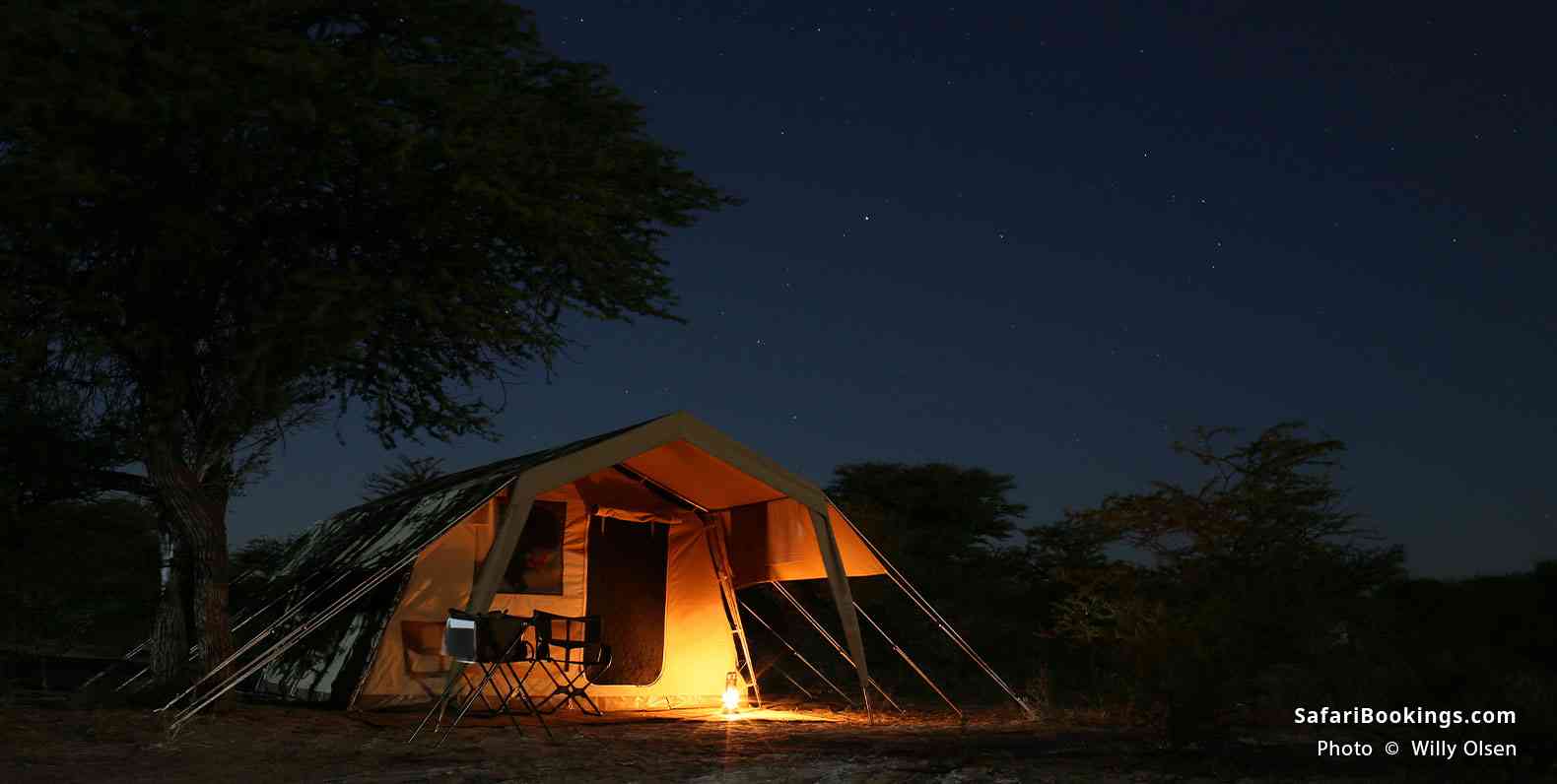
Electricity in Africa is all 220-240V/50Hz AC, as is much of Europe, the UK, Australia and New Zealand and virtually all the Asian countries and India. Those of you from North America must bring an adapter for the proper plug configuration and a converter.
Plugs/Types:
Type M (standard in South Africa), Type D (standard in Namibia) plug sockets and Type G (the UK standard) plug sockets are the dominant plug types in Africa. However, some countries do offer Type C & F plug sockets (see Table below). A number of hotels have international wall sockets which will take an array of both two-prong and three-prong plugs. North America and Japan use Type A & B plugs, and Australia a Type I plug. All will require an adaptor plug!
Country/Plug Type:
Not all safari camps and lodges have electrical outlets in the tents/rooms but they always have a place where you can recharge your camera/video and phone/iPod batteries.
Some camps run their generator at certain times of the day – so be sure to check with the manager when you arrive.
A number of mobile safari operators have inverters in their vehicles, so you can charge your camera/video batteries on the move.
5. Mobile (Cell) Phone & Internet Access
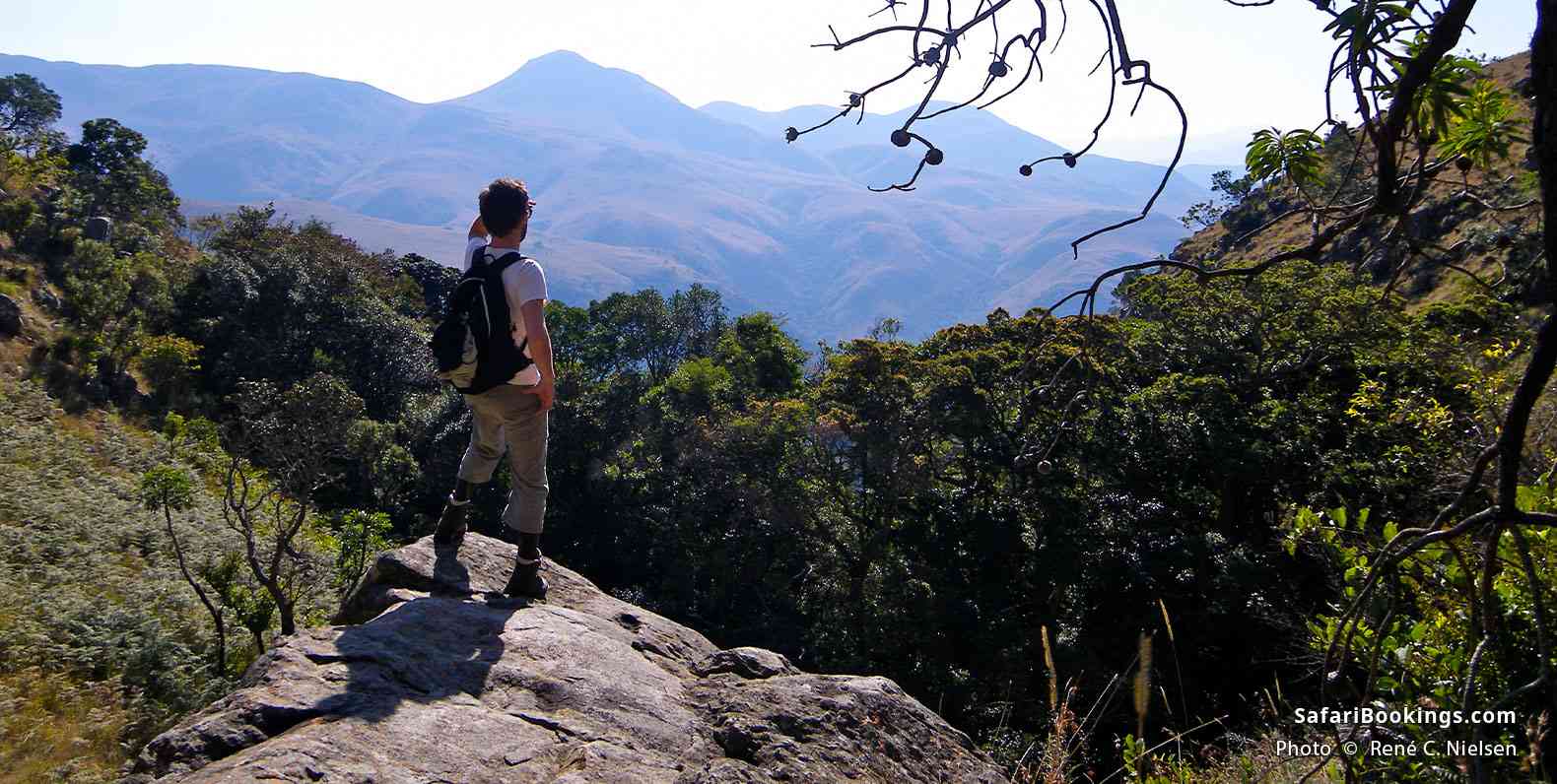
Generally speaking, communications in Africa are not what you are accustomed to at home but mobile (cell) phone coverage (and even Wi-Fi) is certainly more widespread throughout Africa – although not in some of the more remote safari destinations (thankfully).
Travel Tip: check with your service provider that your phone is registered for international roaming (and check that the phone you have is compatible with the networks in Africa. Most operate on GSM digital networks, running at a frequency of 900 MHz (and some 3G networks too). If your phone is a dual or tri-band GSM phone it will work just fine.
More and more we are seeing Wi-Fi being offered at safari camps/lodges – some as an extension of that countries communications grid, and some connected via satellite. Check with your Africa Travel Specialist before you leave home about which camps/lodges have WiFi. Better to use WiFi than your mobile phone. Avoid exorbitant international roaming charges!
Not all conventional communication options (phone, fax, internet and email) are available at the more remote safari camps (and mobile camps particularly). Communications are sometimes only available via HF radio.
6. Water

Drink bottled water. You are always safe drinking the bottled water that is readily available at all the camps and lodges. Carry a bottle of water with you at all times – including on transfers between camps. If you are at all apprehensive about the quality of water where you are staying, check with the staff. And if the water is not treated or bottled, then avoid ice in your drinks or cleaning your teeth with the tap water. Take water purification tablets for emergency use if you think bottled water will not be available.
The safari industry is making a concerted effort to reduce the use of plastic water bottles - try to work with them.
A number of safari operators are making sterilized water bottles (mostly stainless steel) available for you to fill with purified water at their camps and lodges. This is an initiative that you should adopt wherever possible as this will have a significant and positive environmental impact. By doing away with the factory-filled (sealed) plastic water bottles you will not only save fuel in transporting these bottles to remote regions (by their thousands) but also solve the problem of the enormous pollution to roadsides and towns that these plastic bottles foster.
Dehydration is a real danger on safari. Make sure to drink at regular intervals and have water at hand at all times.
7. Dust
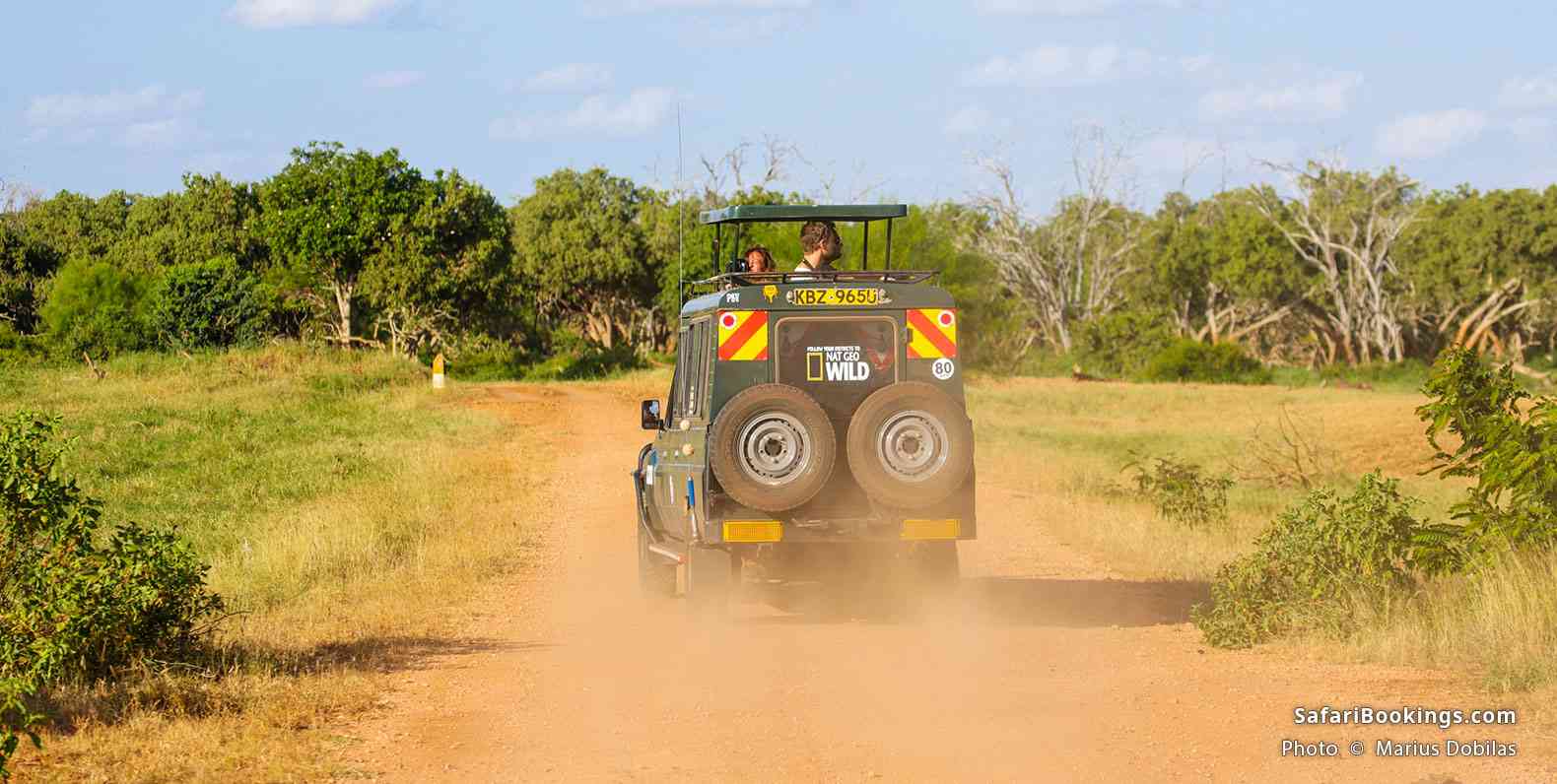
In the winter months (June to October), the game reserves can be extremely dusty. Contact lens wearers should bring eye drops and eyeglasses, to avoid eye irritation. Clean camera and video lenses regularly and store in a camera bag, while on safari.
8. Tipping
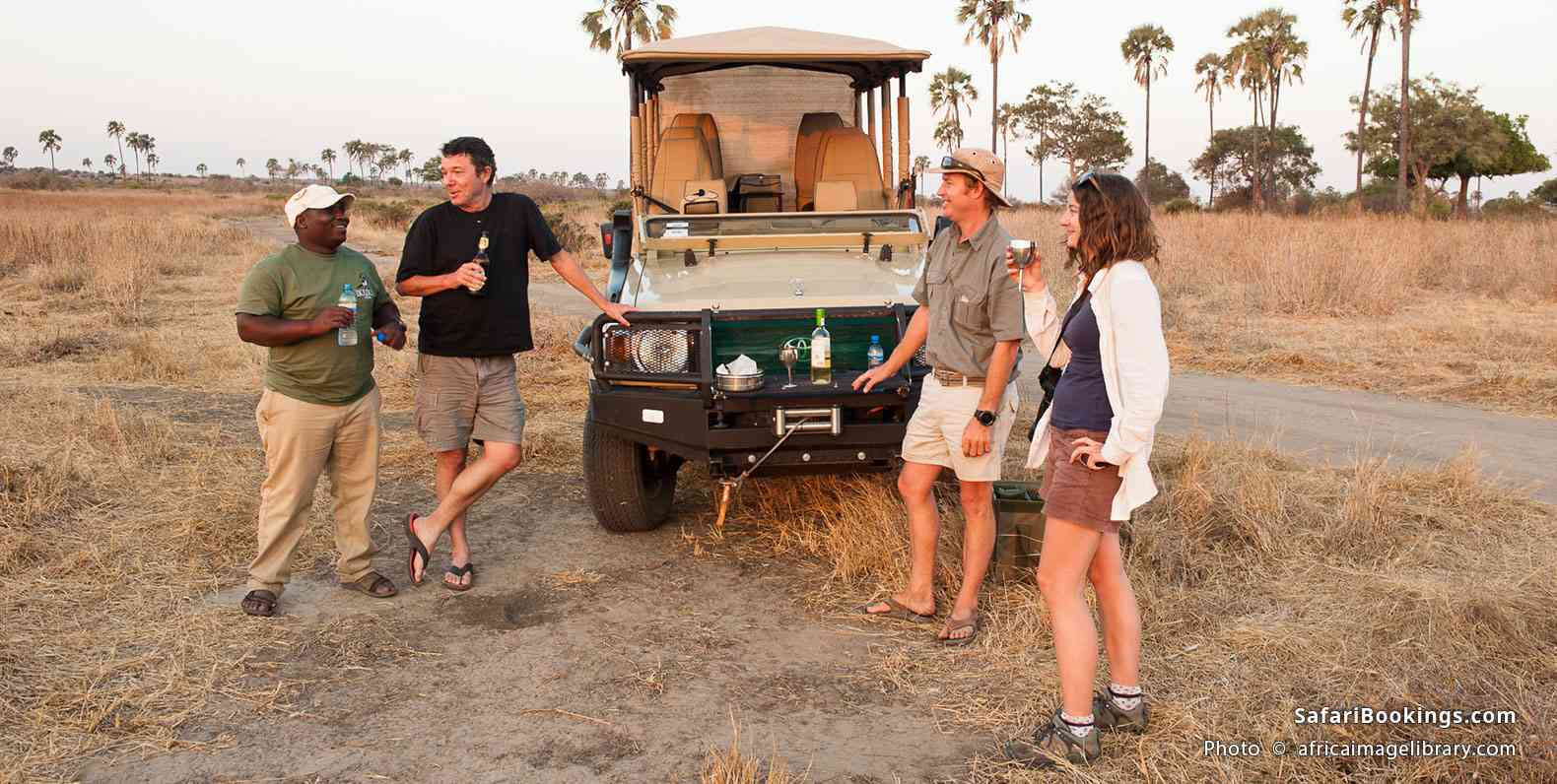
Should we tip, and if so - how much?? This is a common dilemma for most visitors to any foreign country! In Africa, tipping is not expected but is customary. The traditional gratuity to safari guides or camp staff is not included in the price of your tour and is completely discretionary.
Bear in mind that what may seem like an inconsequential amount to you may be significant to local African staff and will certainly be received with a display of gratitude that is genuinely humbling.
Most safari lodges will have a ‘tip box’ at reception for the staff – this covers all the ‘unseen’ services you have enjoyed during your stay, including the housekeeper and kitchen staff.
Guidelines: Tip moderately and in accordance with the level and quality of service provided – and only if you are satisfied with that service. Tips can be paid in US dollars or local currency. Use the following guide:
If you spend a great deal of time with a single guide, consider increasing the above amounts in accordance with the enthusiasm and effort displayed (or your overall satisfaction level).
9. Charity on Safari
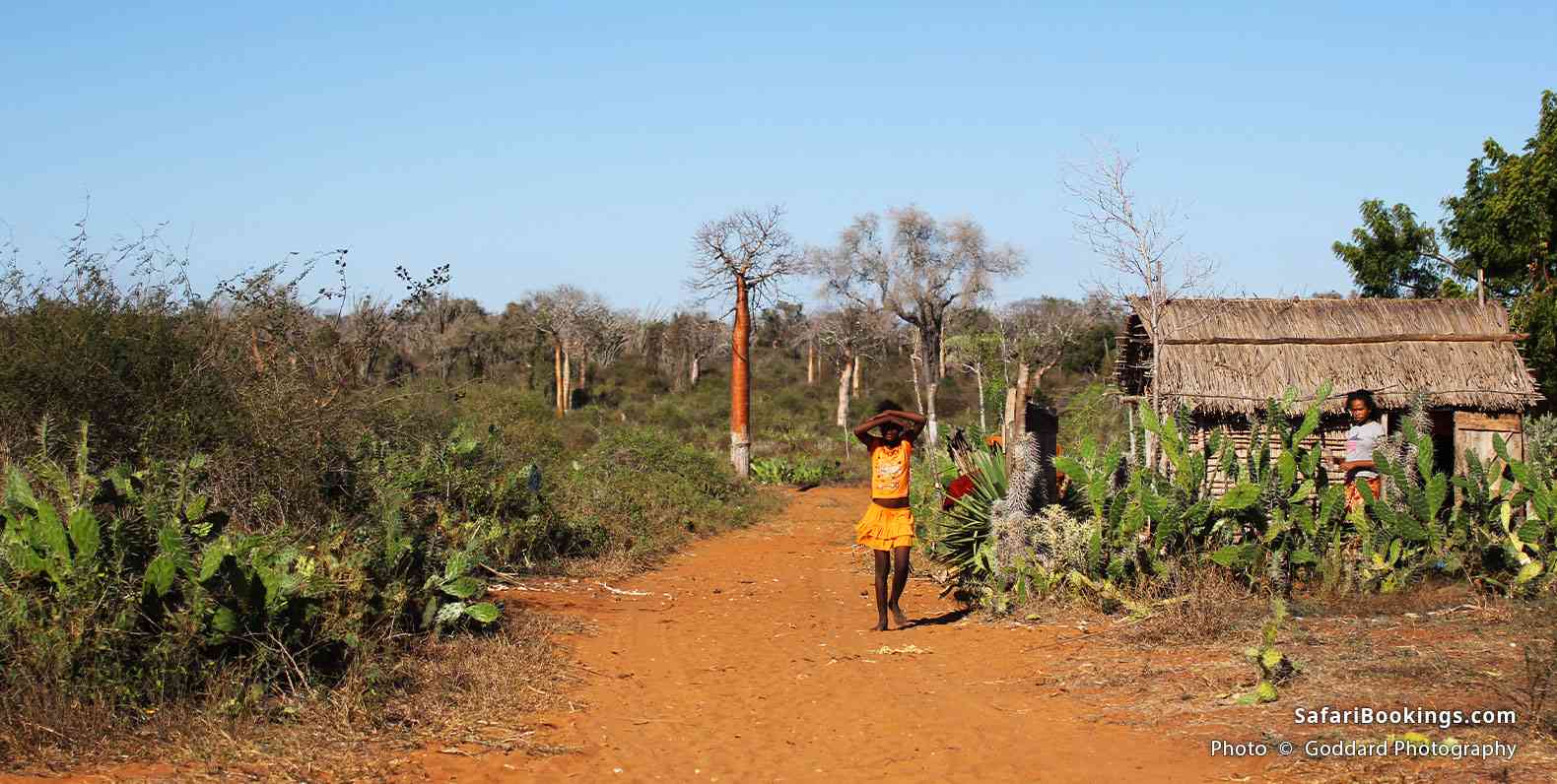
Many visitors to Africa feel a strong urge to help the less fortunate whom they encounter on a safari, or when visiting a local village or school. It is best to seek an appropriate opportunity while you are traveling, rather than carry along gifts from home. Many safari camps and lodges are actively involved in working with their local communities to sustain schools, clinics and other projects. Ask about this when you are there and visit the school, clinic or project if you can. A donation to something you have seen on the ground will bring you more satisfaction (and directly help the neediest). Contribute in a way that helps a person (or community) help themselves, and enhance their way of life.
Resist the temptation to offer ‘handouts’ to kids on the side of the road. This only encourages dependency on such generosity and teaches these children that begging brings reward. There is no dignity in begging and the harassment it fosters will not endear you to the next group of tourists either!
A rather fun idea is to gift a football (soccer ball). Africans love soccer yet not all the children have a ball with which to play. For more ideas, visit Pack For A Purpose website.
Want To Go on an African Safari?
Click on the button below to compare African safaris offered by top-rated tour operators.
 By Patrick Brakspear
By Patrick Brakspear Patrick has been an Africa travel specialist, based in Australia, for over 10 years and prior to that was a safari operator in Mana Pools in Zimbabwe.
African Safari Tours
-
![6-Day Majestic Tanzania - Luxury]()
6-Day Majestic Tanzania - Luxury
$3,120 to $4,300 pp (USD)
Tanzania: Private tourLuxuryLodge & Tented Camp
You Visit: Arusha (Start), Tarangire NP, Lake Manyara NP, Serengeti NP, Ngorongoro Crater, Arusha (End)

Unlimited Expeditions: The Soul of Tanzania
5.0/5 – 501 Reviews
-
![6-Day Serengeti Wildebeest Migration Camping Safari]()
6-Day Serengeti Wildebeest Migration Camping Safari
$1,276 pp (USD)
Tanzania: Shared tour (max 6 people per vehicle)BudgetCamping & Lodge
You Visit: Arusha (Start), Tarangire NP, Central Serengeti NP, Serengeti NP, Ngorongoro Crater, Lake Manyara NP, Arusha (End)

Meru Slopes Tours & Safaris
5.0/5 – 458 Reviews
-
![7-Day All-Inclusive Luxury Family Safari]()
7-Day All-Inclusive Luxury Family Safari
$3,420 to $3,880 pp (USD)
Tanzania: Private tourLuxuryLodge & Tented Camp
You Visit: Arusha (Start), Tarangire NP, Lake Manyara NP, Serengeti NP, Ngorongoro Crater, Arusha (End)

Lion King Adventures
5.0/5 – 1,237 Reviews

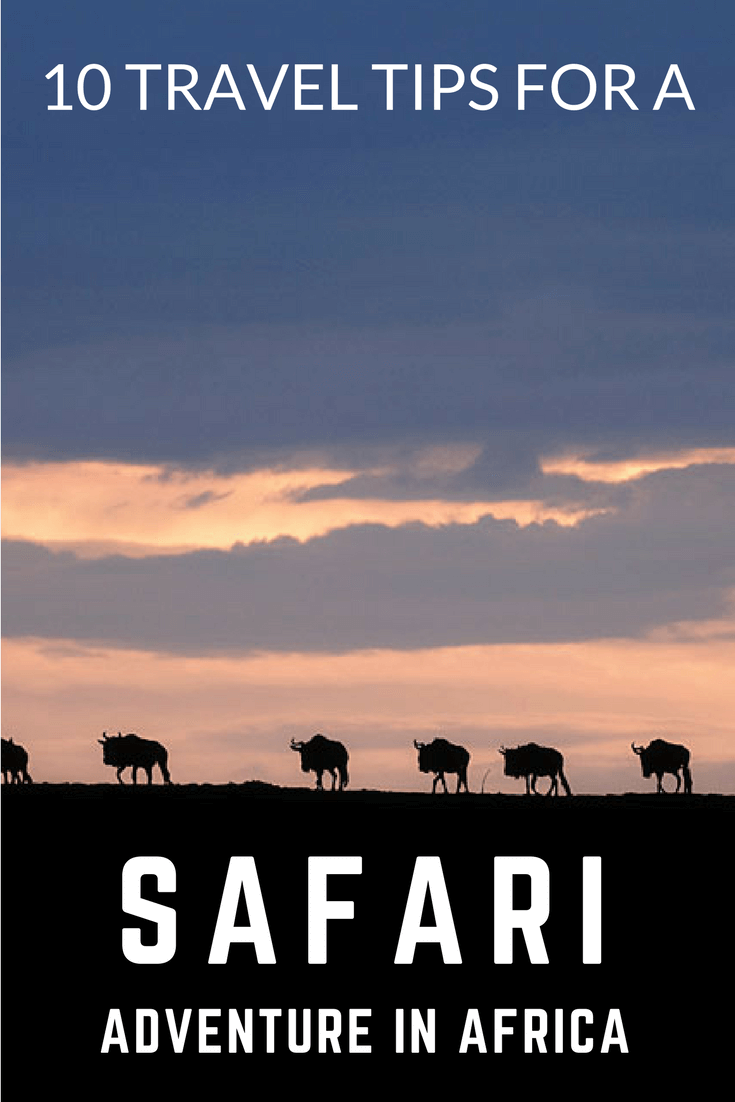


 Subscribe to our newsletter
Subscribe to our newsletter
 Follow us on Instagram
Follow us on Instagram


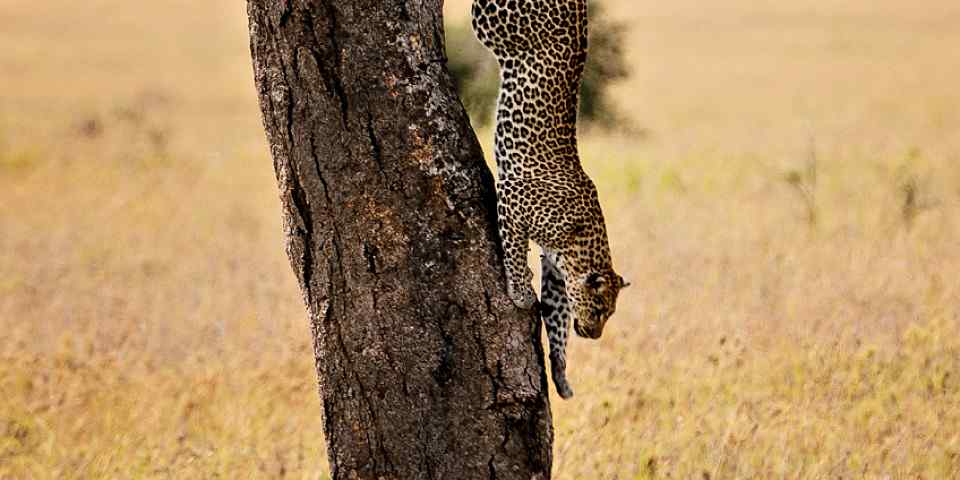
_1813_5e20b935b89f3.gif)

